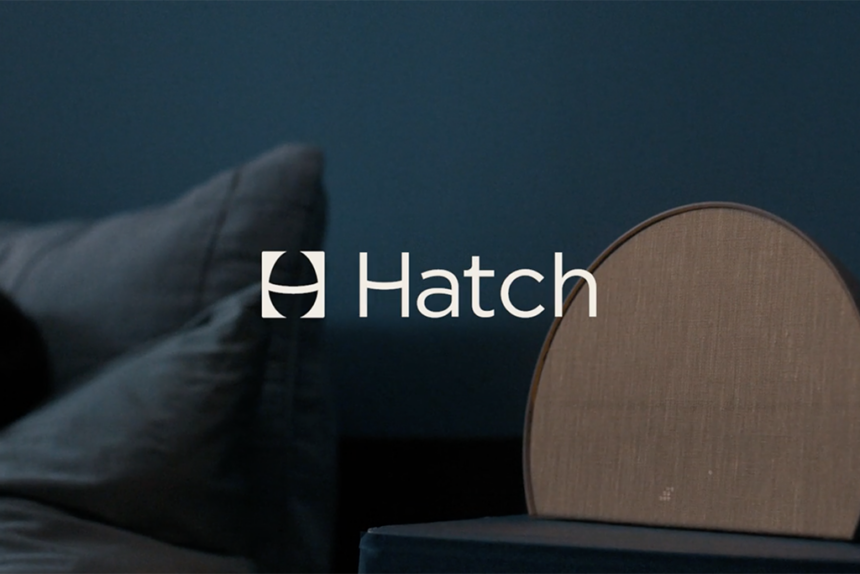Sleep wellness company Hatch wants you to get some shut eye, but it wants you to make that decision for yourself.
According to a survey by U.S. News & World Report last year, about one-fifth of Americans said they don’t feel rested when they wake up, falling short of the National Sleep Foundation’s recommendation that adults receive seven to nine hours of sleep each night.
In recognition of Sleep Awareness Week, the company launched the latest component of its Choose Sleep campaign to promote better sleep habits.
The company based its effort around the tagline, “A million things don’t want you to sleep. Hatch does.”
This week, Hatch released 15- and 30-second ads running on connected TV to dissuade people from staying up late on their phones or other electronic devices as well as social media banner ads promoting text of the tagline.
The main adversary Choose Sleep is tackling is social media itself and binge watching, which can keep people turning off their screens and getting the rest they need.
Featured across these commercials is one of the company’s most popular products: the Hatch Restore 2. This customizable sunrise alarm clock and sound machine has been profiled in numerous mainstream publications in recent weeks.
The brand has long been active in digital advertising, which provided Choose Sleep with a foundation to build off of with media appearances on podcasts and YouTube shows, according to Hatch chief marketing officer Eric Pallotta.
He added that the effort’s primary objective is to normalize the idea of needing sleep and making it culturally acceptable to prioritize it.
Running counter to the multi-decade societal embrace of ‘hustle culture,’ Pallotta said Hatch is targeting its marketing to younger generations that have embraced the tenets of self-care.
“This is a generational thing. It has been a bit of ‘grind it out in order to win and do everything you can to succeed,’” he said. “Now, we’re starting to see younger generations rejecting that philosophy and saying, ‘I want to take care of myself and I can still be successful.’”
Still, Pallotta acknowledged that there is a social stigma to overcome when it comes promoting more sleep and restfulness. He noted that it’s important for people to make their own decisions to sleep more but stand by that decision and not feel embarrassed by it.
While this campaign focuses on how adults and their families can improve their sleep habits, Pallotta teased another marketing rollout in the future that is likely to focus on teaching kids healthy sleep habits at an early age.







